We cannot stress enough just how important it is for your child to be reading quality titles as much as possible. Besides the fact it is instrumental in passing exams for and at the best schools, there are clear reasons why this is one of the most crucial aspects of your child’s education – and future in general:
Firstly, it is good to remember that children’s minds are developing and taking in many types of information for the first time – they are literally constructing an understanding of the word around them. We often take it for granted that, because we understand something, which seems clear to us adults, children should naturally be able to understand in the same way. This is not the case – knowledge and understanding come mainly from experience and the best way to encode knowledge in memory, is through the experience of reading.
Secondly, language is an automatic form of symbolic processing, and can even be considered a form of muscle memory. It happens so quickly that when we speak, we don’t realise what we are saying until after we have said it. We draw from our internal lexicons and construct complex meaning at the blink of an eye…so where do we get these internal dictionaries from? How do we build a vast vocabulary that can handle any passage – whether it be reading or writing? Well, we need to be exposed to the words and phrases as much as possible, if we are going to be able to understand them when they crop up again. The human voice itself is an instrument and, just like playing any other instrument, constant practice must be done to reach proficiency. Indeed, practice makes perfect.
On top of this, when speaking about the English language, which has arguably the most irregular form of all the languages in the world, it is necessary to give the mind access to the wide range of idiomatic expressions, sayings, proverbs, metaphors, turns of phrase – all these little tricks that are so often used in everyday speech and writing. Irregular spelling also springs to mind – how can you spell an unpredictable word, if you haven’t seen it enough?
Of course, some children have a natural gift and flair for language, making it easier for them to learn, memorise and re-use much more quickly than others – again the same can be said for those naturally gifted with musical instruments. Nonetheless, as everyone learns at different rates, in the end almost anyone can reach the highest levels, if the pattern is repeated often enough, over a suitable period.
In 99% of English examination papers, the first part is usually called the ‘reading’ or ‘comprehension’ section. ‘Reading’ here is not a test of your child’s wonderful oration voice, but is rather a test to gauge how much they have read over the past 2-3 years. Comprehension does not mean answering a load of questions from a text – we know that to comprehend means to understand. So, this part of the test is really examining how much your child can understand/comprehend based on what he or she has read over the years.
Considering these facts, we highly recommend lots of additional reading, engaging with your child in reading activities such as role play and review; and aiming to increase your child’s reading age by moving onto more challenging titles as soon as possible.
Two key factors to also remember are that:
1. You want your child to want to read, so try choosing titles they find interesting so they will enjoy and continue independently.
And 2. Consistency is key – slow and steady wins the race, so get started early and keep going – form good habits which are difficult to break and by the time the exam comes around, the reading test will be a lot less daunting.
With so many new children’s books being published every day, it can be hard to choose which books your kids would love Below are eight titles which stand out as classics that have stood the test of time, and are beloved by kids of all ages (Yes, that includes us adults too!)
If you would like recommended reading lists for your child’s age group, take a look at the complete recommended reading lists for children of all ages.
If you like what you’ve seen or heard here, please share your thoughts and comment below. Also feel free to share this with other parents and become a part of the Sharing Parent community.
Original content sourced from: 11 Plus London.
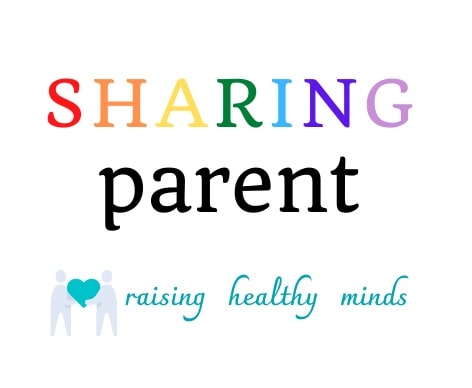

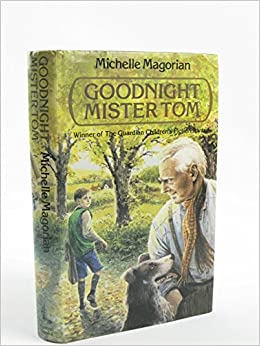
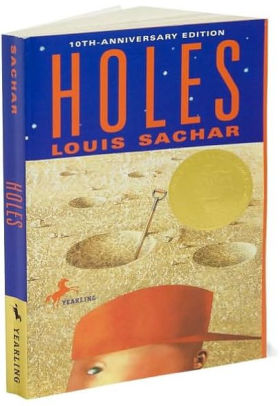

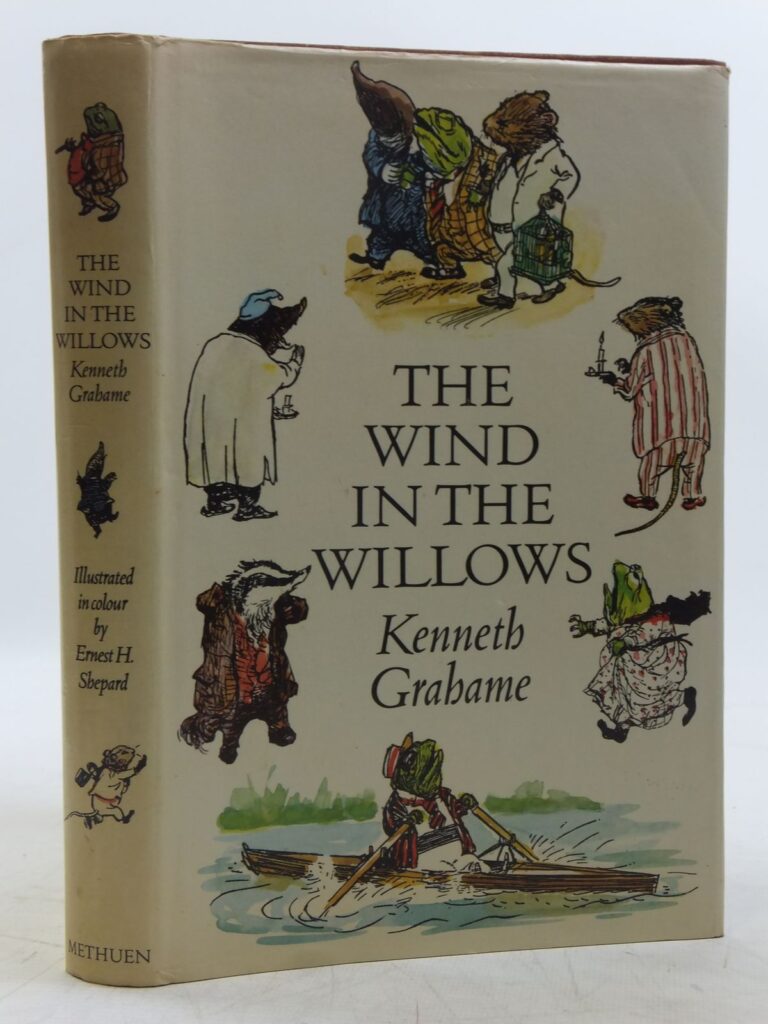
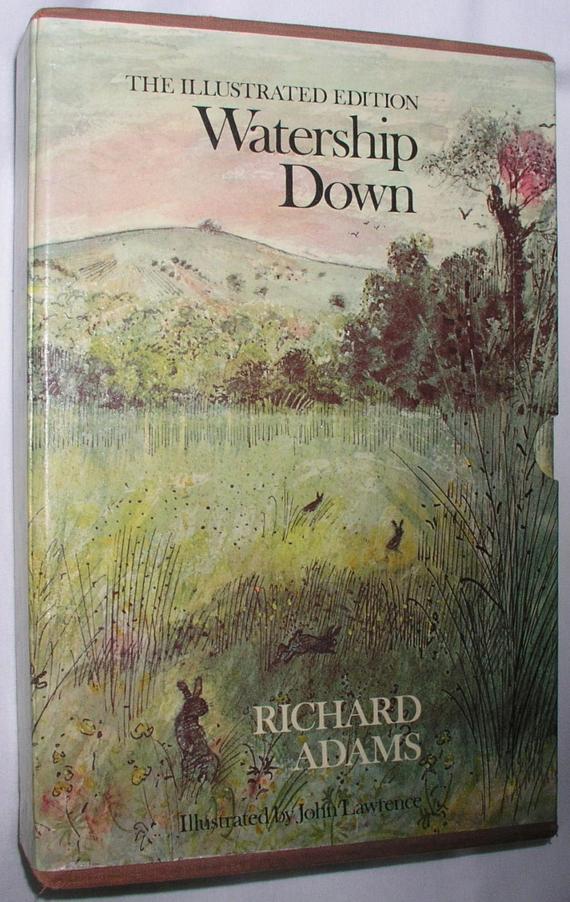
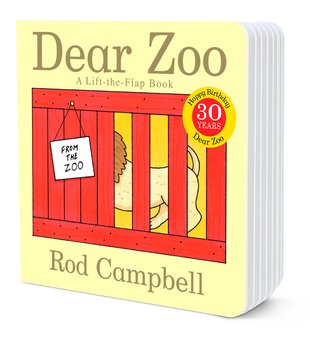
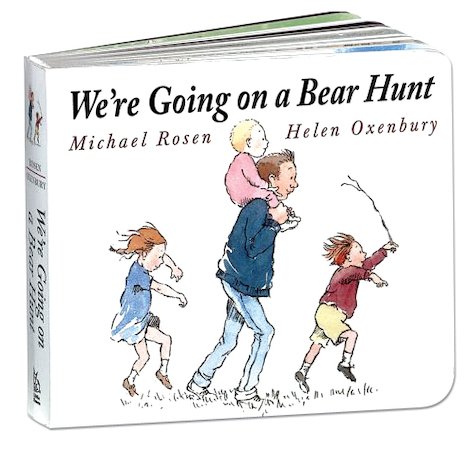
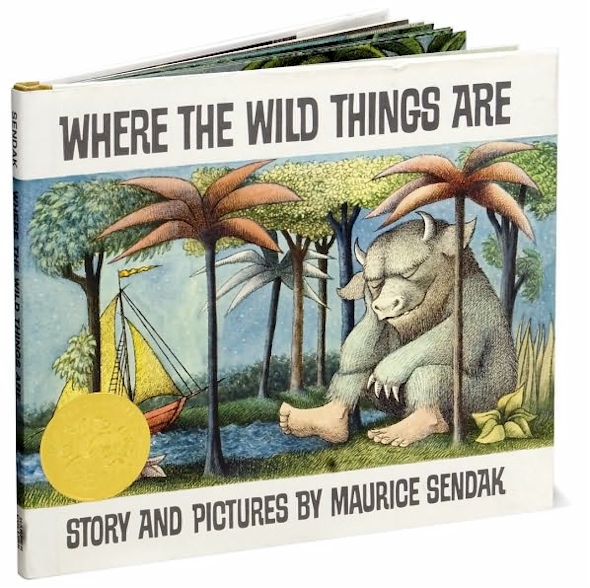
Comments are closed.